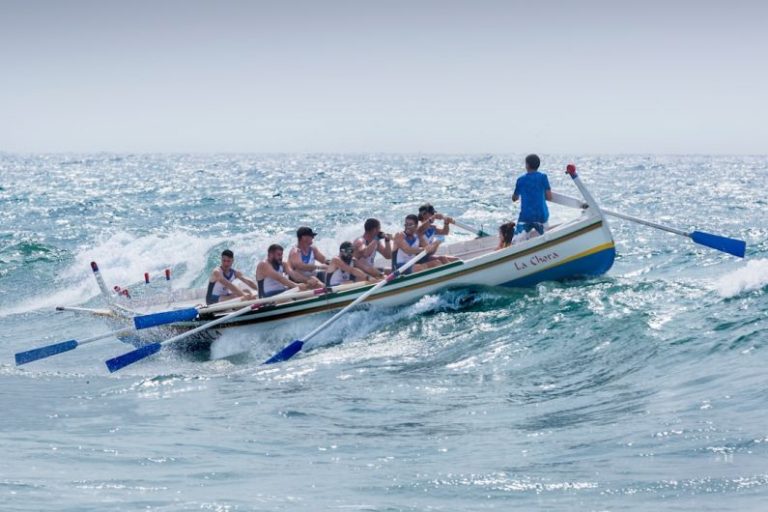
Rowing is a physically demanding sport that requires a high level of strength, endurance, and flexibility. Athletes who participate in rowing often push their bodies to the limit, leading to muscle tightness, soreness, and the potential for injury. One effective way for rowers to alleviate these issues and improve their overall performance is through regular massage therapy. Let’s explore the various benefits that massage therapy can offer to rowers.
**Enhanced Muscle Recovery**
The repetitive nature of rowing can lead to muscle fatigue and tightness. Massage therapy can help alleviate these issues by increasing blood flow to the muscles, which aids in the delivery of essential nutrients and oxygen. This increased circulation also helps to flush out toxins and metabolic waste products that can build up in the muscles during intense exercise. As a result, rowers experience faster muscle recovery, allowing them to perform at their best during training sessions and competitions.
**Improved Flexibility and Range of Motion**
Flexibility is crucial for rowers to achieve optimal performance and prevent injuries. Massage therapy can help improve flexibility by targeting tight muscles and releasing tension. By loosening up the muscles, rowers can enhance their range of motion, allowing for more efficient movement during rowing strokes. This increased flexibility not only improves performance but also reduces the risk of muscle strains and joint injuries.
**Pain Management**
Rowers often experience muscle soreness and discomfort due to the repetitive nature of their sport. Massage therapy can help manage pain by reducing muscle tension and promoting relaxation. The manipulation of soft tissues during a massage can stimulate the release of endorphins, which are the body’s natural painkillers. This natural pain relief can help rowers manage discomfort and soreness, allowing them to train more effectively and recover faster.
**Stress Relief and Mental Wellbeing**
In addition to the physical benefits, massage therapy also offers mental and emotional benefits to rowers. The relaxation response induced by massage helps reduce stress levels and promote a sense of overall wellbeing. Rowers often face high levels of stress and pressure, both in training and competition. Regular massage sessions can provide a much-needed mental break, allowing athletes to relax, unwind, and refocus their minds. This mental rejuvenation can have a positive impact on performance and motivation.
**Injury Prevention and Rehabilitation**
Injuries are common among rowers, especially in the lower back, shoulders, and knees. Massage therapy can play a crucial role in both preventing injuries and aiding in rehabilitation. By addressing muscle imbalances, tightness, and adhesions, massage therapists can help correct movement patterns and reduce the risk of overuse injuries. In the case of existing injuries, targeted massage techniques can promote healing, reduce inflammation, and speed up the recovery process.
**Enhanced Overall Performance**
Ultimately, the combination of all the benefits mentioned above leads to enhanced overall performance for rowers. By incorporating massage therapy into their training regimen, athletes can optimize their physical condition, improve their mental focus, and prevent setbacks due to injuries or muscle imbalances. The holistic approach of massage therapy addresses both the physical and mental aspects of performance, making it a valuable tool for rowers looking to excel in their sport.
**In Summary**
Massage therapy offers a wide range of benefits for rowers, including enhanced muscle recovery, improved flexibility, pain management, stress relief, injury prevention, and overall performance enhancement. By incorporating regular massage sessions into their training routine, rowers can experience physical, mental, and emotional improvements that can have a significant impact on their athletic performance and wellbeing. Whether used for recovery, injury prevention, or relaxation, massage therapy is a valuable resource for rowers looking to optimize their training and achieve their full potential on the water.





